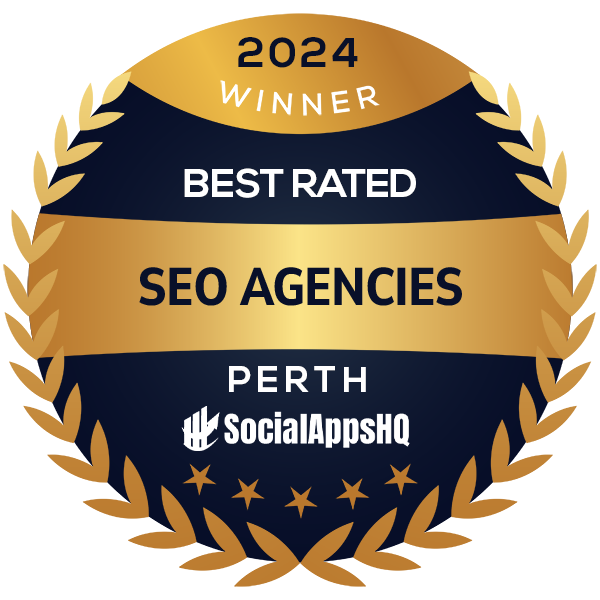As we enter 2025, content marketing continues to be an essential strategy for businesses looking to thrive in the competitive construction industry. The increasing demand for online content, along with rapidly shifting digital trends, calls for an adaptive, forward-thinking approach to marketing. In this blog, I’ll explore the most impactful content marketing trends shaping the construction industry this year. These trends will help you stay ahead of the competition, drive organic traffic to your website, and ultimately convert leads into long-term clients.
What You’ll Learn:
- AI and Automation in Content Creation
- Understand how AI tools are reshaping content creation, from ideation to execution.
- Measuring Engagement with Attention Metrics
- Learn about the shift from traditional metrics to attention-focused ones and how they benefit your strategy.
- The Rise of Conversational and Personalized Content
- Discover why construction brands are adopting a more human-centric, conversational approach in their content.
- Repurposing Content for Maximum Impact
- See how to get more value from existing content by repurposing it into various formats.
- Harnessing the Power of Short-Form Video
- Understand why short-form video is taking over and how you can leverage it in your campaigns.
1. AI and Automation in Content Creation
Artificial Intelligence (AI) has moved beyond a buzzword and is now a critical tool for marketers in all industries, including construction. AI-powered tools, such as ChatGPT and others, help streamline content creation by assisting in brainstorming, drafting, and editing. These tools can generate content quickly and provide suggestions for improving SEO, making it easier to produce a high volume of content in less time.
While AI can speed up content production, it is important to remember that AI-generated content must still be refined by human writers. Construction is a technical and nuanced industry, so human expertise ensures the content is accurate and resonates with your target audience. Use AI for initial drafts and content outlines, then refine them to bring the expertise and authenticity your audience expects.
Beyond content generation, AI can also enhance your SEO strategy. It can analyze website data, suggest keywords, and even identify potential backlink opportunities. With AI handling these repetitive tasks, you can focus on more strategic aspects of your content marketing, like fostering client relationships and building brand authority.
2. Measuring Engagement with Attention Metrics

As digital marketing evolves, so do the metrics used to measure success. In 2025, content marketers are moving away from basic metrics like page visits and impressions. Instead, attention metrics are becoming the new standard for measuring engagement.
Attention metrics provide more meaningful insights into how users interact with content. For example, heatmaps can show where visitors focus their attention on your page, while dwell time tracks how long they stay. These metrics allow you to gauge content quality more accurately, ensuring you are creating content that not only drives traffic but also keeps readers engaged.
In the construction industry, using attention metrics helps refine your content strategy. If you notice that visitors are dropping off halfway through a blog post or video, it might indicate that your content isn’t engaging enough or that you need to simplify technical jargon. Adjusting your approach based on these insights will improve your ROI and keep your audience invested in your content.
3. The Rise of Conversational and Personalized Content
One of the most significant shifts in content marketing is the move towards more personalized and conversational communication. People want to engage with content that speaks directly to their needs, especially in industries like construction, where potential clients have specific questions about projects, timelines, and costs.
In 2025, adopting a conversational tone in your blog posts, emails, and social media content will help humanize your brand. Rather than presenting dry, corporate information, try framing your content as if you’re speaking to a friend or a trusted advisor. Use real-life stories, answer common questions, and show the human side of your company.
In addition, marketing automation tools allow you to deliver tailored content based on user behavior. Whether someone is in the initial stages of exploring construction services or nearing a decision to hire a contractor, you can deliver personalized content that speaks to their specific needs. This ensures a deeper connection with your audience and a higher likelihood of conversion.
4. Repurposing Content for Maximum Impact

In an age of information overload, it’s essential to get the most out of every piece of content you create. Repurposing content is one of the most effective strategies for maximizing your content’s ROI. Rather than constantly creating new material, look for opportunities to repurpose existing content into different formats and across various platforms.
For example, take a popular blog post and turn it into a video for social media, or convert a case study into an infographic. Repurposing allows you to reach a broader audience, as different people consume content in different ways. Additionally, repurposed content can be used repeatedly, ensuring it continues to bring value over time.
In the construction industry, repurposing content can be especially valuable. For instance, you could repurpose a series of blog posts into a downloadable eBook, offering it as a lead magnet on your website. This creates new touchpoints with potential clients while positioning your company as an expert in the field.
5. Harnessing the Power of Short-Form Video
Video content has dominated the digital marketing landscape for years, and 2025 is no different. However, short-form video is rapidly becoming the preferred format for engaging audiences. With the rise of platforms like TikTok and Instagram Reels, consumers now expect quick, bite-sized videos that provide value in under a minute.
For construction companies, short-form video is a great way to showcase your work, share project updates, or answer frequently asked questions. It’s also an excellent platform for behind-the-scenes content, where you can show the human side of your business and highlight the craftsmanship behind your projects.
Short-form video is not just a trend; it’s an essential part of any content marketing strategy. Marketers who incorporate video into their strategy see higher engagement rates and increased brand awareness. Start experimenting with short videos to show off your completed projects, introduce team members, or explain complex construction concepts in a simplified manner.
Conclusion: Content Marketing Strategies for the Construction Industry in 2025
The content marketing landscape is rapidly changing, and staying ahead of the curve is crucial for businesses in the construction industry. By leveraging AI tools for content creation, measuring engagement with attention metrics, creating personalized content, repurposing existing material, and utilizing short-form video, construction companies can craft a content marketing strategy that not only attracts visitors but also converts them into loyal clients.
As you look to refine your content marketing strategy for 2025, it’s important to stay agile. Trends will continue to evolve, but with the right approach, your construction business can maintain its competitive edge and continue to grow in the digital space.
Ready to take your content marketing to the next level? Contact us today for a free marketing plan and let’s work together to create content that drives traffic and converts leads into customers.


